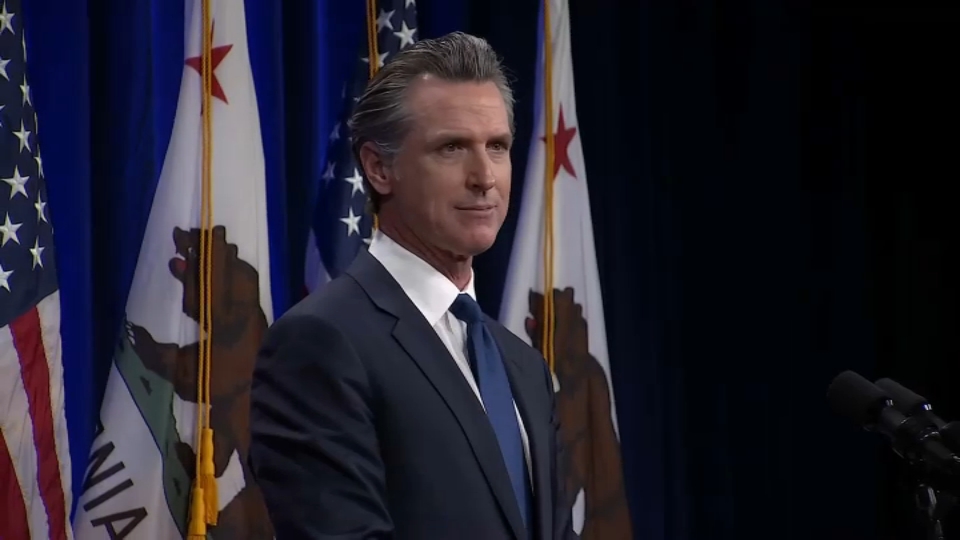The U.S. Supreme Court on Monday let a court-ordered redrawing of congressional districts in Pennsylvania proceed, denying a plea from Republicans legislative leaders to block it.
Justice Samuel Alito, who handles emergency appeals from Pennsylvania, rejected the request from the GOP leaders and voters that the court put on hold an order from the state Supreme Court that could now produce new congressional districts in the coming two weeks.
The Pennsylvania high court ruled last month that the map of 18 districts violated the state constitution because it unfairly benefited Republicans.
The U.S. Supreme Court typically does not review state court decisions based on a state's constitution, but the Republicans asked the high court to make an exception.
The decision comes just four days before the Republican-controlled Legislature's deadline for submitting a replacement map for Democratic Gov. Tom Wolf to consider.
The Democratic-majority state Supreme Court has ruled that if lawmakers and the governor can't agree to a plan, the court will quickly move to adopt one.
Pennsylvania's congressional delegation has been 13-5 in favor of Republicans during the three election cycles since the GOP-drawn 2011 map took effect. Democrats have about 800,000 more registered voters than Republicans and hold all three statewide row offices, but Republicans hold solid majorities in both chambers of the Legislature.
U.S. & World
Stories that affect your life across the U.S. and around the world.
Under the process laid out two weeks ago by four of the Pennsylvania Supreme Court justices, all Democrats, the Legislature has until Friday to pass a new map, after which Wolf will have until Thursday, Feb. 15, to decide whether to endorse it and submit it to the justices.
The state Supreme Court said it expected new districts to be in place by Feb. 19, and the new map will be in play for the May 15 congressional primaries.
Republican leaders successfully defended the 2011 plan against a separate lawsuit in federal court and have complained that the state court order did not provide sufficient guidance for them to draw a new map.
A group of voters persuaded all five Democrats on the state's seven-justice high court that the map violated the state constitution. The Jan. 22 majority order said new districts should be compact and contiguous and only split counties, cities, towns, boroughs, townships or wards when needed to ensure population equality.
The quick turn-around the majority ordered last month caused one of the Democrats on the court, Justice Max Baer, to state he was "concerned that the procedure detailed by the court may not provide the parties with due process moving forward."
Late last week the two highest-ranking Republican leaders in the General Assembly, Senate President Pro Tempore Joe Scarnati and House Speaker Mike Turzai, sought recusal of one of the Democratic justices, David Wecht. They argued Wecht had made statements critical of gerrymandering during his successful 2015 campaign that they viewed as evidence of bias.
On Monday, Republican Justice Sallie Mundy filed a notice that she had received a $25,000 campaign donation from Scarnati but was confident she could rule fairly in the case.
The U.S. Supreme Court last month delayed a lower-court order that would have produced new congressional districts in North Carolina. The justices are currently considering challenges to Wisconsin's state legislative districts and a congressional district in Maryland.



